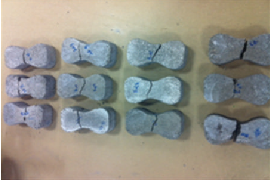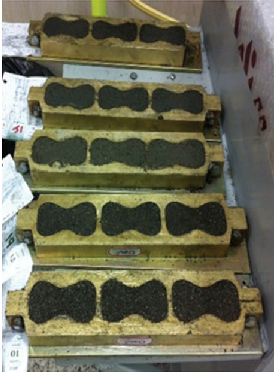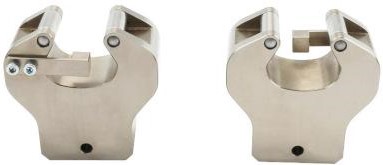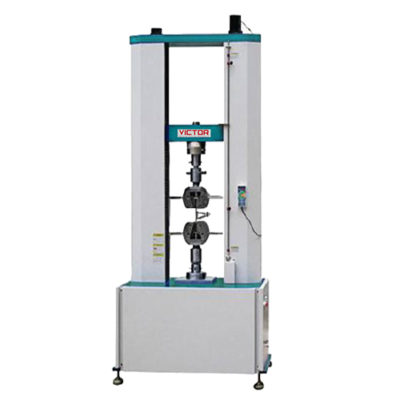ASTM is an international standards organization is located in the United States of America. The purpose it was introduced to the industry is to publish technical standard agreements for various materials, product, systems and others. Among the ASTM standards that are often used in the industry is ASTM C307.
ASTM C307 Test Standard
Description
ASTM C307 is an international test standard designed for testing the tensile strength of specially-shaped briquets of mortar, grout, and similar other monolithic surfacing materials. Manufacturing industries such as the cement industry and others often use this standard. The materials that are commonly used for this test standard is mortars, brick and tile grouts, machinery grouts, and monolithic surfacings. These materials shall be based on resin, silicate, silica, or sulfur binders. Nowadays, ASTM standards are highly preferred by both corporate or government bodies. In Malaysia, most industries use the ASTM C307 standard in their companies. The Malaysian government has also adopted this standard.
Basically, ASTM C307 measures the tensile strength of a material while under tensile strain. Tensile strength tests can be performed on using Universal Testing Machine (UTM) and also known as tensile testing machine. The following are the properties of tensile commonly measured through ASTM C307:
- tensile stress
- tensile strength
- yield point
Specimens
1. Molded briquet specimen


This specimen can be produced from materials such as mortar, grout, and similar other monolithic surfacing materials.
Jigs
1. Tensile grip

The grip for this test is divided into 2 parts which are for the top and the bottom. The size and design for these two parts are equal. The purpose is to determine the resistance to the traction of briquettes special form of mortar, mortar and other similar materials of the monolithic lining.
Extensometers
This test does not require an extensometer because the purpose of this test is not to measure the displacement of elongation. The purpose of this test is more to find the tensile strength of the material.
Type of UTM machine
We recommend to use UTM machines with a capacity of 50kN-100kN, it depends on the strength of the materials. We also recommend using a dual-column floor type machine.
1. VEW 2302 Series

VEW 2302 Computer Servo Type Universal Testing Machine is a new material testing machine that combined with the electronic technology and mechanical transmission, it has accurate load speed, range of force measurement, has high accuracy and sensitivity for the load, displacement measurement and control, it also can be tested the constant-velocity loading, constant- velocity displacement. This machine is simple to operate, especially suitable for controlling quality in the production line, this series of machine is mainly applied to test the non-metallic and metallic materials which the load is less than 30ton.
Main Function:
- Mainly applied to test the metallic and non-metallic materials in tension, compression, bending, shear, peel, tear or two-points extensions and others.
- Can be used for materials such as rubber, plastic, wire and cable, optical fiber and cable, safe belt, leather belt composite materials, plastic profiles, waterproof membrane, steel, copper, profiles, spring steel, bearing steel, stainless steel (as well as other high-hardness steel), castings, plate, strip, non-ferrous metal wire.
Test Procedure
- Prepare the specimens as described in the method
- Usually the conditioning period for the specimen ready to be tested it takes 7 days. (sulfur materials may be tested 24 hours after preparation)
- Place the specimen into grips on the UTM machine
- Mount and center the specimen in the tension clips.
- Zero all the testing machine before starting the test
- Begin the test by click start button on the software
- Pull the specimen between 5 to 6.4 mm/min (0.2 to 0.25 in/min) of crosshead movement (speed of movement when the machine is running without a load).
- End the test after sample break (rupture).
